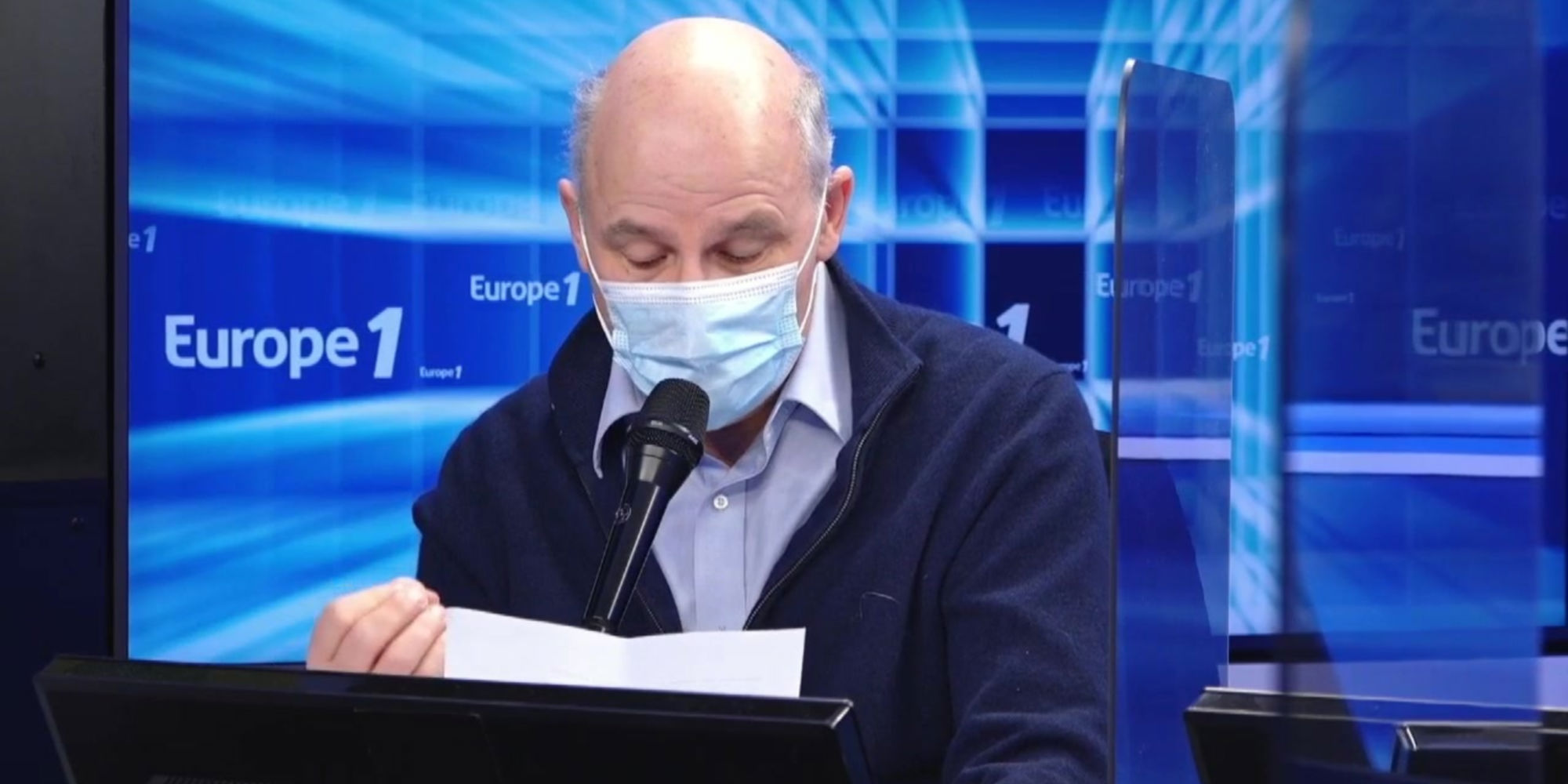Each morning of this week, Daniel Fortin, from the writing of
Les Échos
, takes stock of a current economic issue.
Today, he looks back on the battle between the United States and China over strategic minerals dubbed "rare earths".
It is perhaps a new arm wrestling which begins between the United States and China.
It concerns rare earths, strategic minerals over which China has a virtual monopoly.
She simply threatens to deprive her American client of it ...
"Yes and it is undoubtedly a first test for Joe Biden, the American president. Before him, Donald Trump had suffered the same affront at the beginning of his mandate but this time the threat is even more precise. According to the
Financial Times
, Beijing would have tested with several manufacturers the idea of sharply reducing its exports of "rare earths", the common name given to 17 strategic metals such as scandium or yttrium. China's idea would be above all to target l American military industry. It should be noted that these metals are particularly widely used in the manufacture of sensors for radars or sonars. If Beijing carries out its threat, the United States could not manufacture their F35 fighter plane by example.
But should we really take these threats seriously?
So for the moment the Chinese have never taken action but, for several months, the tone has clearly risen between the two powers.
Above all, China has the means for its policy.
It alone manufactures 85% of the rare earths in the world.
The oddity is that it was left in such a monopoly situation when these natural resources are so important for the military industries but also for the manufacture of smartphones or that of photovoltaic panels.
It is all the more strange that these rare earths are not so rare.
They are all over the world.
If the West has not taken hold of their exploitation so far, it is because the environmental impact of their extraction is appalling and therefore very difficult to get the public to accept.
It's obviously less of a problem in China ...
But how can we reduce this dependence on China?
The United States, like other countries, has reacted since this threat took shape.
They mobilized their mining industry to develop prospecting studies in its turn.
The problem is that, according to experts, it takes more than 20 years between the discovery of a deposit and its commissioning.
It is an eternity in the current climate of mistrust between the two blocs.
The other idea is therefore to find substitutes for rare earths or to promote their recycling.
This is one avenue that France is currently studying. "

